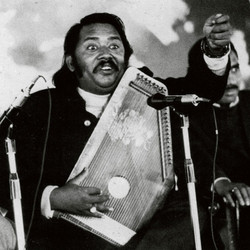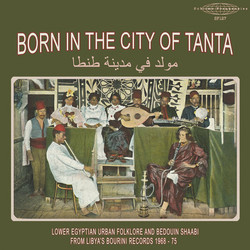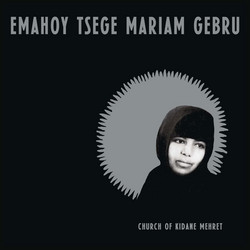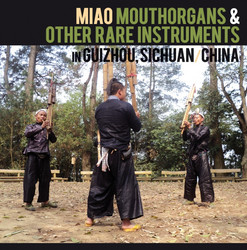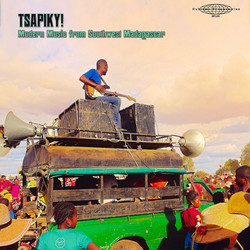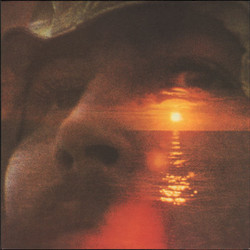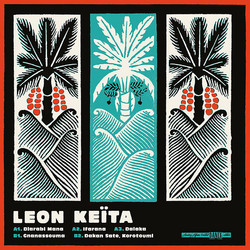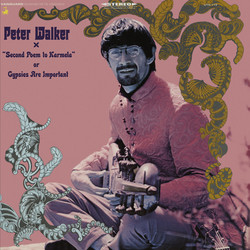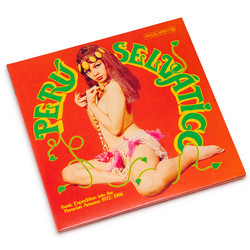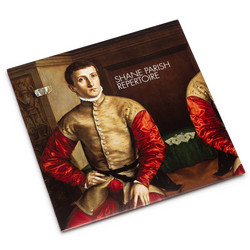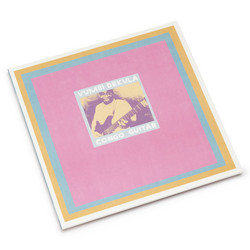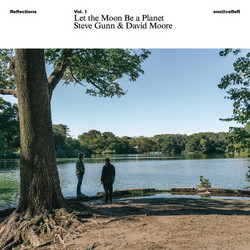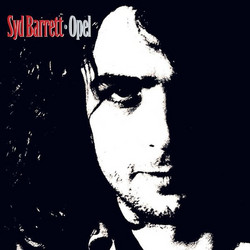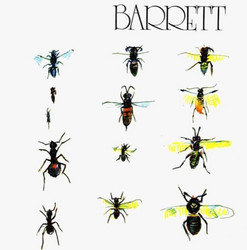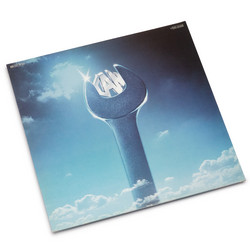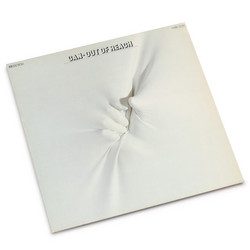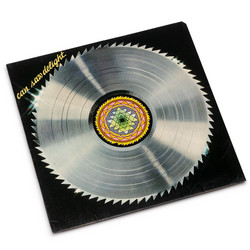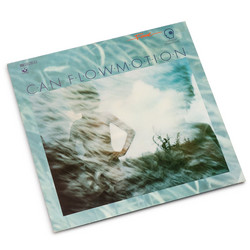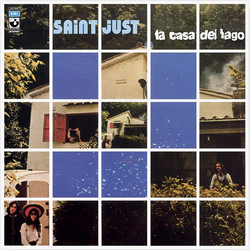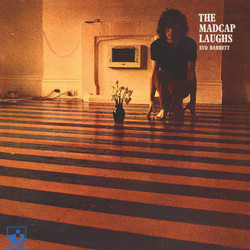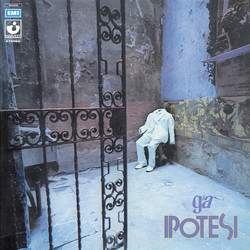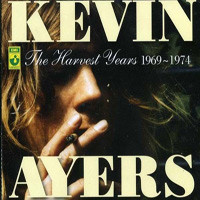The first impression of Steve Gunn’s formal long-player debut is of a slight but varied trek through various current popular guitar modes. It has only six songs and doesn’t even break the 30-minute mark. His three experiments with songwriting come off well, but his singing is modest and his lyrics, while earnest and concise, seem a little too straightforward. For the instrumentals, he dips into drone, global string music, and Takoma-style Americana fingerpicking. So far, so familiar. But these are just first impressions, and because Sundowner is a compulsive listen, it slow-reveals its subtle depth and detail. Heard in the light of his past work (most notably the heavy North African influence of his eponymous CD-R on Abandon Ship), the pieces here sound like much more than open-ended explorations of ideas – they sound like songs. Realizing that, it puts a lot of distance between not only this record and his earlier recordings, but also his work with the more distended electric zone-outs of GHQ. There’s a blown-out, end-of-empire feel to Sundowner. You could call it nostalgia, but that wouldn’t quite hit the mark. This nostalgia isn’t about escape. It’s, as the album title suggests, about melancholy, a sense that the best times are past, or never really came at all, about being preoccupied with aging and worry (in a cover of John Martyn’s "Over the Hill"), locked into accepting the daily grind ("Money Train Blues") or saddened by time passing ("For the Horse, etc."). Gunn’s nostalgia reaches beyond a purely personal level as well, cut as it is with a globalized perspective. The pulsing, minor-keyed instrumental "Concrete Beach" taps into a mood that is more mysterious and ecstatic than most Western song-form. On "Imi the King," another instrumental, Gunn explores this ecstatic vein even more deeply, swapping out his guitar for a banjo and adding North African hand percussion. Imi was a king of the Akkadian Empire, a once-great kingdom that was situated in what is now Iraq. The allusion to modern-day events in the region is hard to miss. Of course, Sundowner isn’t necessarily about these things. That the six pieces here can almost carry the weight of this interpretation is a tribute to Gunn’s craft. And craft it is. There’s a feeling that he’s been woodshedding his songwriting and technique, trying to work it into the breezy, impromptu structures here. It’s also a tribute to what the record is: an expansion, or attempt to break out of, the fingerpicking guitar record. It’s got Leo Kottke’s broad conception, but fortunately not his wisecracking or hamming. Sundowner, thankfully, is about something more than the guitar, as if Gunn had the windows open during those long practice sessions, and the world, in serendipitous alchemy, made its way into the music. - By Matthew Wuethrich
